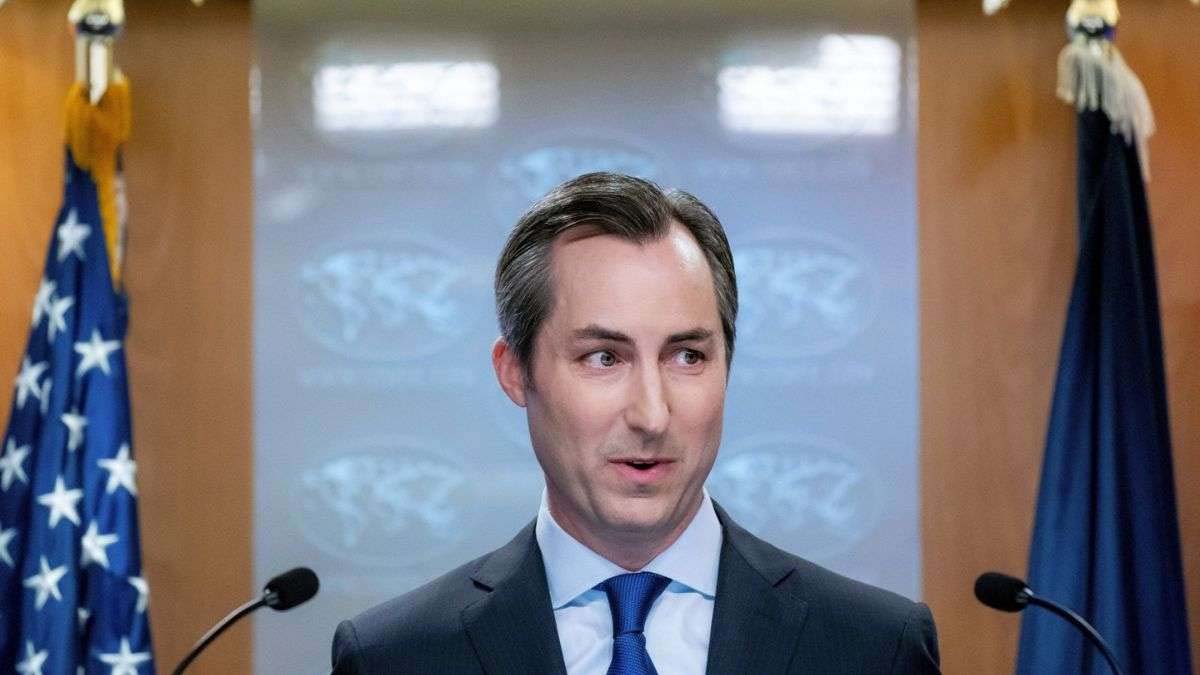In a careful diplomatic stance, Washington refrained from offering commentary on the outcomes of the Lok Sabha polls, emphasizing that electoral decisions lie within the purview of the Indian populace. The United States expressed appreciation for the democratic process in India, highlighting it as a significant event in the history of electoral exercises worldwide.
“The electoral landscape in India is a matter for the Indian people to navigate. We commend the monumental scale of the recent elections in India; it stands as an unparalleled exercise in democratic participation globally,” remarked Matthew Miller, the spokesperson for the State Department, during a routine press briefing.
However, Miller declined to delve into the specifics of the election results, citing the policy of non-interference in sovereign electoral processes. This response followed a query from a Pakistani journalist regarding concerns about the trajectory of religious inclusivity in India under Prime Minister Narendra Modi’s leadership.
Narendra Modi was sworn in as Prime Minister of India for his third consecutive term in a grand ceremony at the Rashtrapati Bhavan, attended by dignitaries from India’s neighboring countries and the Indian Ocean region. The BJP-led NDA secured a majority for the third consecutive time in the 2024 Lok Sabha elections, clinching 293 seats. Within the 543-member lower house, the BJP independently won 240 seats, surpassing the majority threshold set at 272.
Of significance, Prime Minister Modi joins an elite group as only the third leader, following in the footsteps of Jawaharlal Nehru, to assume office for a third consecutive term.




